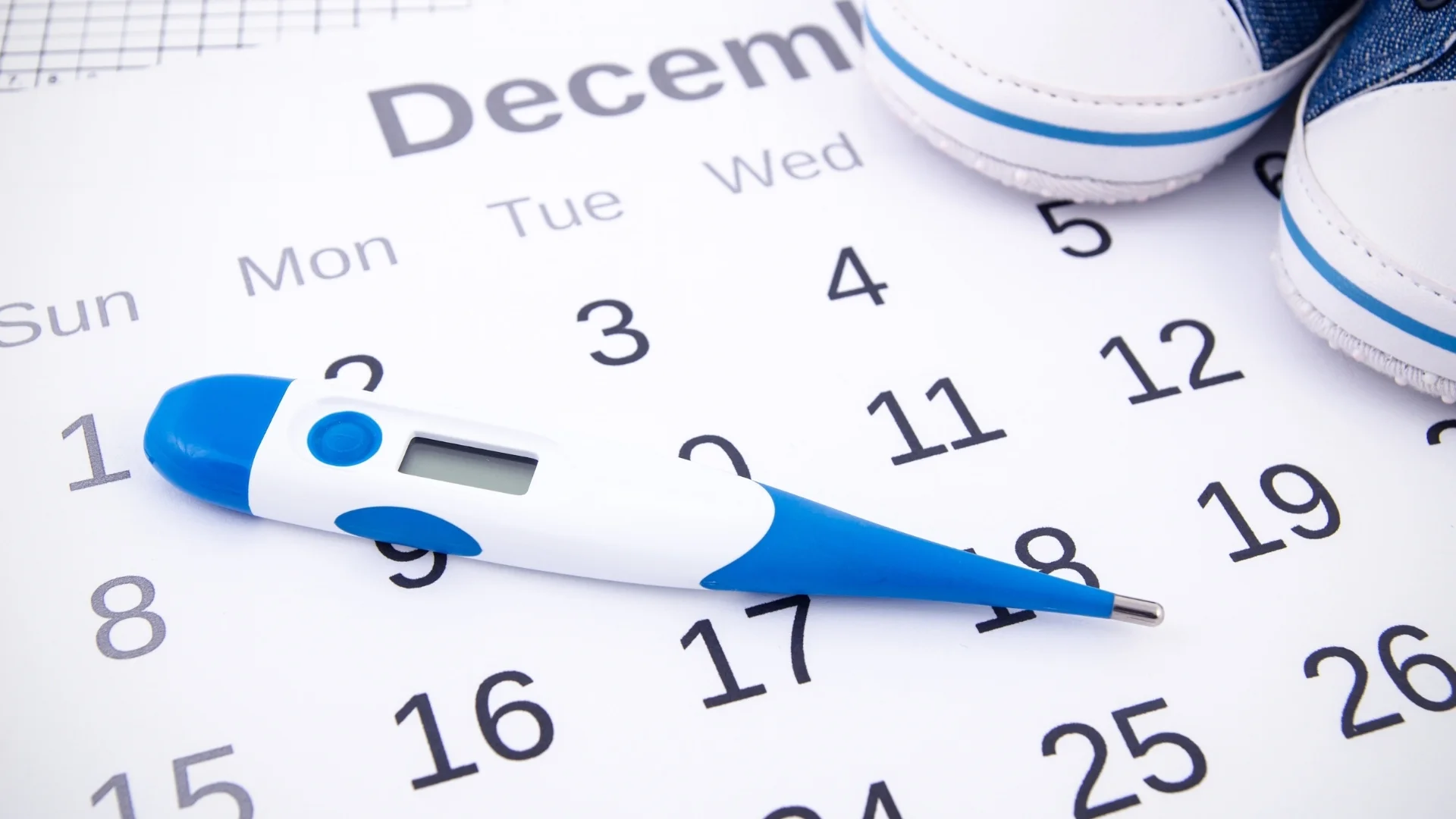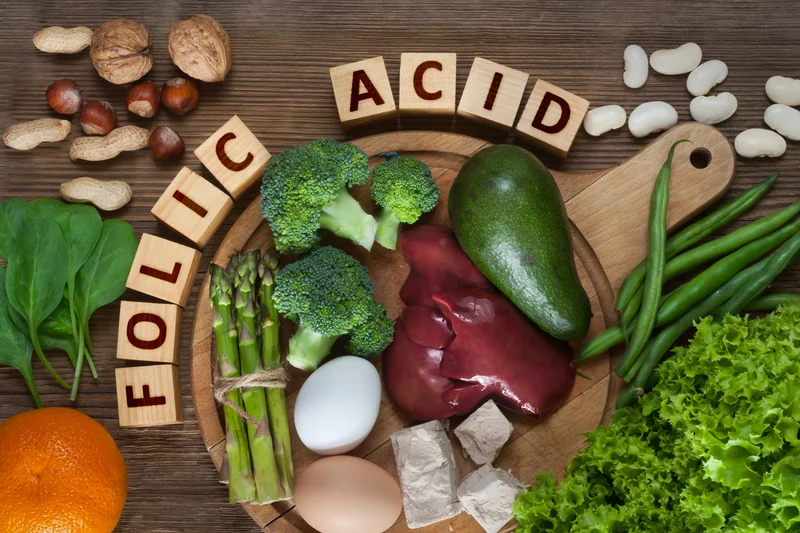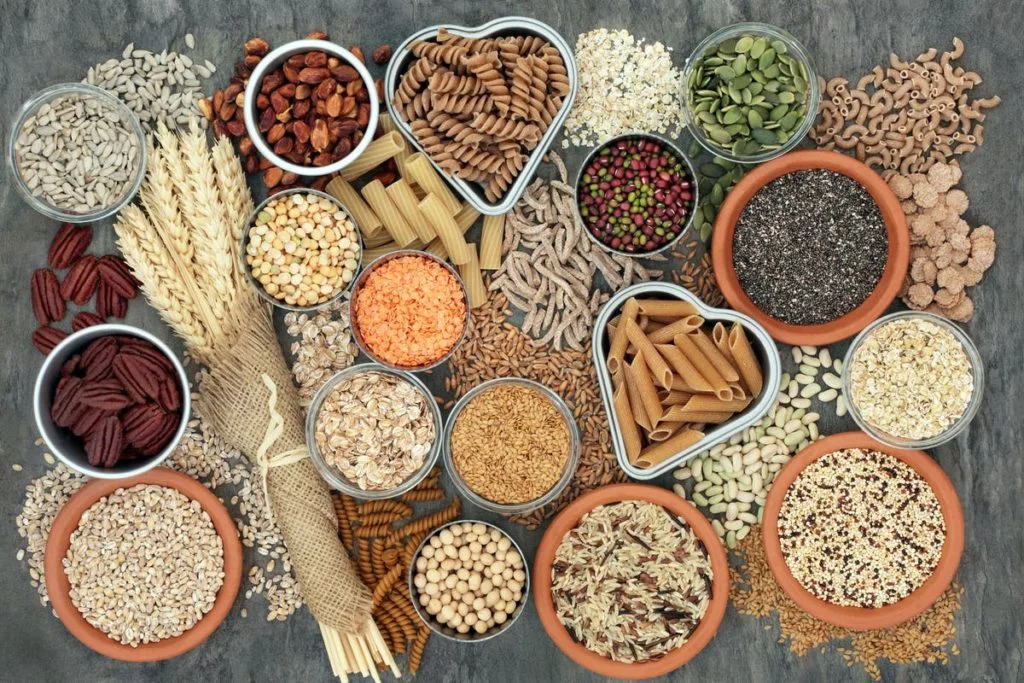PCOS test is based on the Rotterdam criteria for diagnosing PCOS.

Fertility
For most couples trying to get pregnant, there are many questions that come to find. This is especially true if you or your partner have any underlying health or fertility conditions that could make it harder for you to get pregnant. You might be wondering how to get pregnant quickly or fast, or perhaps you’re looking for some tips or home remedies to get pregnant.
And these are all good questions! Apart from the medical advice you’re already getting from your health practitioner or doctor, there are definitely a few tricks that can help you get pregnant faster. Many simple diet and lifestyle choices can actually increase your odds for getting pregnant, and those are the ones we want to discuss with you today.
So let’s get right into the best and most effective tips to get pregnant.

As a woman trying to get pregnant, it’s important to understand your body and your menstrual cycle a little bit better. Make sure you mark the first day of your period on the calendar every month, so that you can establish the length of your menstrual cycle. Contrary to popular belief, not every woman has a 28 day cycle!
In fact, your menstrual cycle can be anything from 21 to 40 days, which means that your ovulation or fertility window is specific to YOU. And that’s the important point here — while all women on TTC do track ovulation, the problem happens when periods have a 40-day gap vs the usual 28 days. In such cases, using an ovulation tracker app or following standard internet “gyan” of day 14-16 as being the most fertile period is useless. If your menstrual cycle is longer, your fertile period could be more like day 25 or day 28 instead.
Once you know your cycle better, you could use an ovulation app to keep track, or make use of home ovulation-prediction kits to remove guesswork from ovulation. This is especially important if your menstrual cycle is not regular, as it could be harder for you to pinpoint the exact time you’re the most fertile because it may differ from month to month.
Once you have tracked ovulation, the next step is to plan timely intercourse. But here is what no one tells you – don’t stress over it so much that it feels like a chore!!! In most cases, the fertile window spans 6 days – five days before you ovulate and the day of ovulation. As for sperm – it can last within the female body for up to 5 days.
The most important point here is to enjoy the sex. Don’t believe in old wives tales that certain sex positions will increase your odds of getting pregnant or that intercourse several times a day on the particular day of ovulation is the only way to get pregnant. It’s ok if you have sex every other day during your fertile window. Just take it easy and enjoy intercourse during your fertility window in whatever way best suits you as a couple.

Proteins are the structural building blocks of the human body, and that means eggs and sperm included! However, most Indian households eat a diet that is rather heavy on the carbs and deficient in proteins. Our meals tend to revolve around our “grains” and we consider the protein as the “side dishes”. Now is the time to change that!
However, when it comes to fertility, not all proteins are created equal. Just because you have to increase your protein intake, doesn’t mean that you should eat more of packaged sausages and salamis and kebabs. In fact, research finds that replacing animal sources of protein with vegetable sources of protein may reduce ovulatory infertility risk, which can be very beneficial for women with PCOS and other ovulatory ailments. However, the animal proteins considered for this Harvard research was red meats, and scientists found that eating fatty fish has a positive impact on fertility.
So go ahead and increase your intake of beans, legumes, paneer, chick peas, eggs, fish and lean chicken to boost your fertility.

While taking prenatal vitamins is a good idea, start taking folic acid supplements as soon as you start planning to get pregnant. This B vitamin is crucial for preventing neural-tube defects in the baby. The neural tube starts to develop 3-4 weeks after conception, and often most women don’t even realise they are pregnant before that. This is why, it is best if you are taking 400mcg of folic acid before-hand so that it has time to build up in your body to reduce risk of any birth defects.
Also, add more folates to your diet – think leafy greens (cabbage, palak), avocado, beets, legumes (green peas, dals), nuts and eggs.

While most doctors are going to tell you that strenuous exercise can adversely affect fertility, the opposite is also true. A sedentary lifestyle – devoid of exercise – is just as counterproductive to your pregnancy goals.
Aim for 30 minutes of light cardiovascular exercise daily. Staying active helps you maintain a healthy body weight, plus it also keeps blood sugar levels and insulin levels stabilized. Additionally, the endorphins released keep stress and anxiety at bay. What’s even better, regular exercise also keeps you stronger and healthier, which makes labour easier on your body.
Walking, cycling, yoga, light aerobics or dance are all good examples for staying active and moving every day.

The right fertility diet to boost your chances for pregnancy begins with limiting your intake of simple carbs. A healthy diet is the cornerstone for a healthy pregnancy. Simple carbs including fast foods, junk foods, packaged foods and sodas not only aid weight gain, they also cause spike in insulin levels and disrupt your hormonal balance. Studies have found dietary glycemic index was positively related to ovulatory infertility.
Avoid cakes, cookies, packaged pastas and instead opt for healthier complex carbs like whole wheat, bajra, multigrain breads, beans and lentils, quinoa and buckwheat instead. Switch out of white rice. Have red rice (Kerala matta rice is a great option), or brown rice instead. Wholesome carbohydrates that are rich in fibre and their slow-release mechanism keep sugar and insulin in check. This is especially important for women who have PCOS, thyroid or other hormonal imbalances.

As you start correcting your diet and lifestyle habits to adopt heathier habits, make sure to increase your fibre intake. Studies find that women who consume at least 26gm of fibre per day are less likely to suffer from gestational diabetes. In particular, diet with low fibre and high glycaemic load was associated with an increased risk.
As you start eating more wholesome, unprocessed foods like fruits, vegetables, beans, lentils and whole grains, your fibre intake should naturally go up.

Don’t wait until you’re already pregnant to cut back on caffeine. Instead, start preparing your body from NOW and limit your caffeine consumption to no more than two cups of tea/coffee per day.
Some research has found excess caffeine consumption can lead to delay in conceiving, and have also linked it to increased risk of miscarriage. It is time to limit your intake of not just tea and coffee, but also energy drinks that have caffeine in them. If you need several cups of tea or coffee to get through your day, replace a few of those cups with decaffeinated coffee or green tea/chamomile tea instead.

Trying to get pregnant, especially when you have underlying infertility issues, can be extremely stressful. Add to that the stress of job, family and life in general, and you could be seriously stressed out.
Stress is highly detrimental for procreation. It puts your body in the fight or flight mode, which puts the body on the “survival” setting. As the body tries to protect you from the danger it perceives you might be in, it becomes harder and harder to get pregnant. Your body needs to be in prime health, not survival mode, to be able to support another living being inside you. Studies have shown that women with higher levels of perceived stress can have reduced fertility levels.
Now is the time to take your foot off the gas. Relax, and find time to rejuvenate your mind and body. Try breathing exercises, meditation, yoga, acupuncture or take a vacation to get the break you need from obsessing over getting pregnant.

A great way to beat stress is to make sure you get adequate sleep at night. Not only does it help maintain circadian rhythm, a good night’s sleep will also relax, repair and rejuvenate your mind, body and soul.
Studies find that sleep disturbances can negatively affect fertility. Meaning that if you have been functioning on 4-5 hours of rest a night, you will find it harder to get pregnant, no matter how many fertility supplements you take and how healthy you eat. Sleep deprivation poses an increased risk for obesity, cardiovascular disease, hormonal imbalances and diabetes – all of which can make getting pregnant difficult.
Now is the time to work on your sleep hygiene. Maintain regular sleeping hours – even on weekends – preferably between 10pm to 7am to follow the body’s natural circadian rhythm. Lay off on afternoon naps to help you get to bed on time at night. Cutting back on caffeine, particularly in the evenings, helps your sleep cycle further.
You’re finally ready to start a family! Congratulations!
We hope these tips and tricks answer some of your questions on how to get pregnant quickly or fast! In case you need assistance or more answers, we are here to help you.